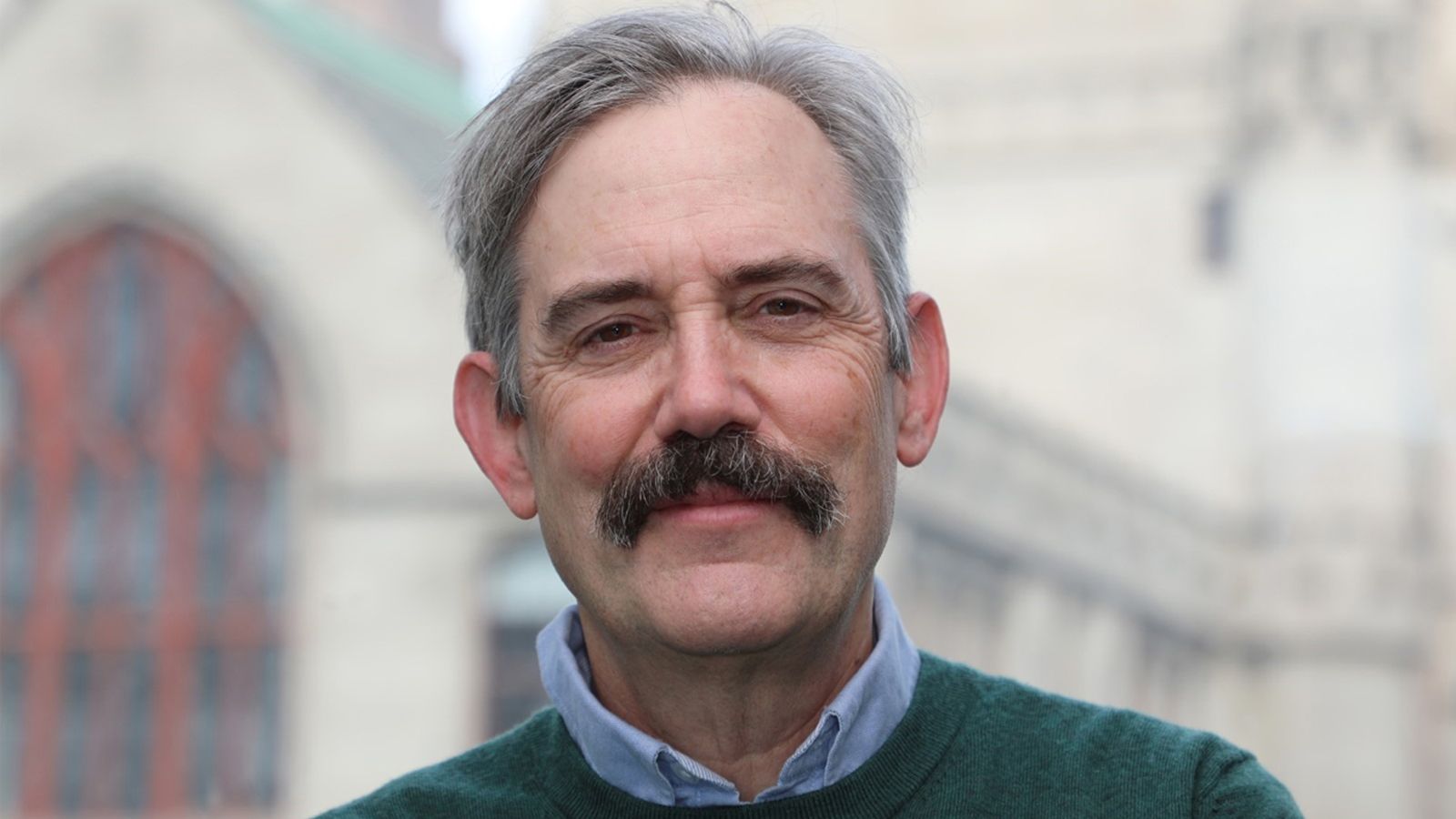He’s helping to save the world!
A Hunter professor has been named to a key leadership role for a major new global assessment on climate change and cities.
Professor of Geography and Environmental Science William Solecki was chosen as one of 12 coordinating lead authors for the Intergovernmental Panel on Climate Change Special Report on Climate Change and Cities.
“I’m honored to be chosen for this vital role and pleased that Hunter will be contributing to this effort,” Solecki said.
Solecki’s leadership of the report shows how Hunter College acts as an anchor institution locally, nationally, and even globally, sharing its high-impact research to advance the public good and achieve scientific progress.
The rapporteurs, who will begin meeting in March, will take about two years to produce the report, which they hope will become the most comprehensive statement on cities’ response to the climate crisis. Solecki is asking for funds to hire a researcher at Hunter.
One of the world’s leading urban climatologists, Solecki has taken part in many international and regional efforts to respond to climate change.
Last fall, Solecki received a three-year, $500,000 grant from the federal government to improve flood resilience in vulnerable communities. The project will review flood-resilience projects in five East Coast cities for how they incorporate equity and communal engagement into infrastructure decision-making.
Solecki is also a coauthor of the seminal 2018 report by the United Nations Intergovernmental Panel on Climate Change and the founding director of the Center for Sustainable Cities at Hunter.
About Hunter College’s Department of Geography and Environmental Science:
Hunter’s courses in geography, environmental studies, earth science, digital mapping, spatial data science, geographic information science, and remote sensing examine the vital interactions between social and natural systems. We use earth systems and geographic concepts of place, space, scale, location, regions, and borders to understand how places are connected by natural-resource use, waste flows, climate change, social inequality, economic globalization, migrations, and cultures. We equip students with research and analytical tools that are in high demand as the nation looks for global, national, and local pathways to a sustainable world.


